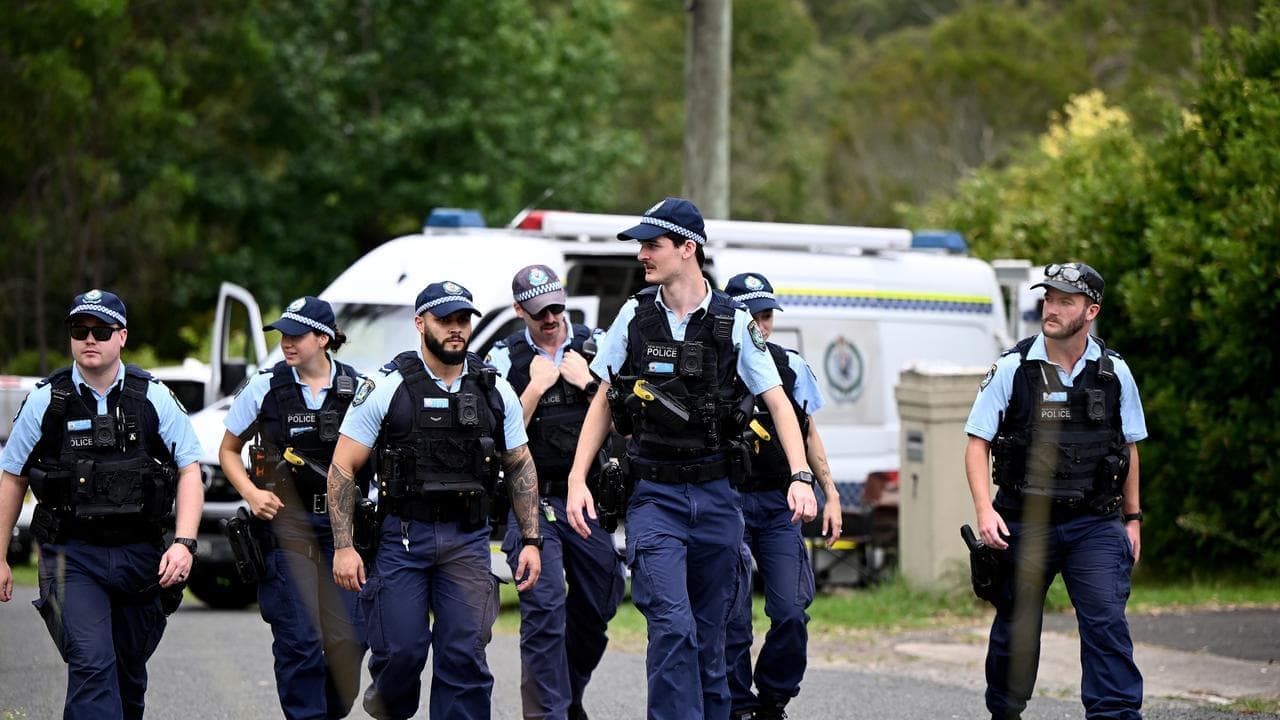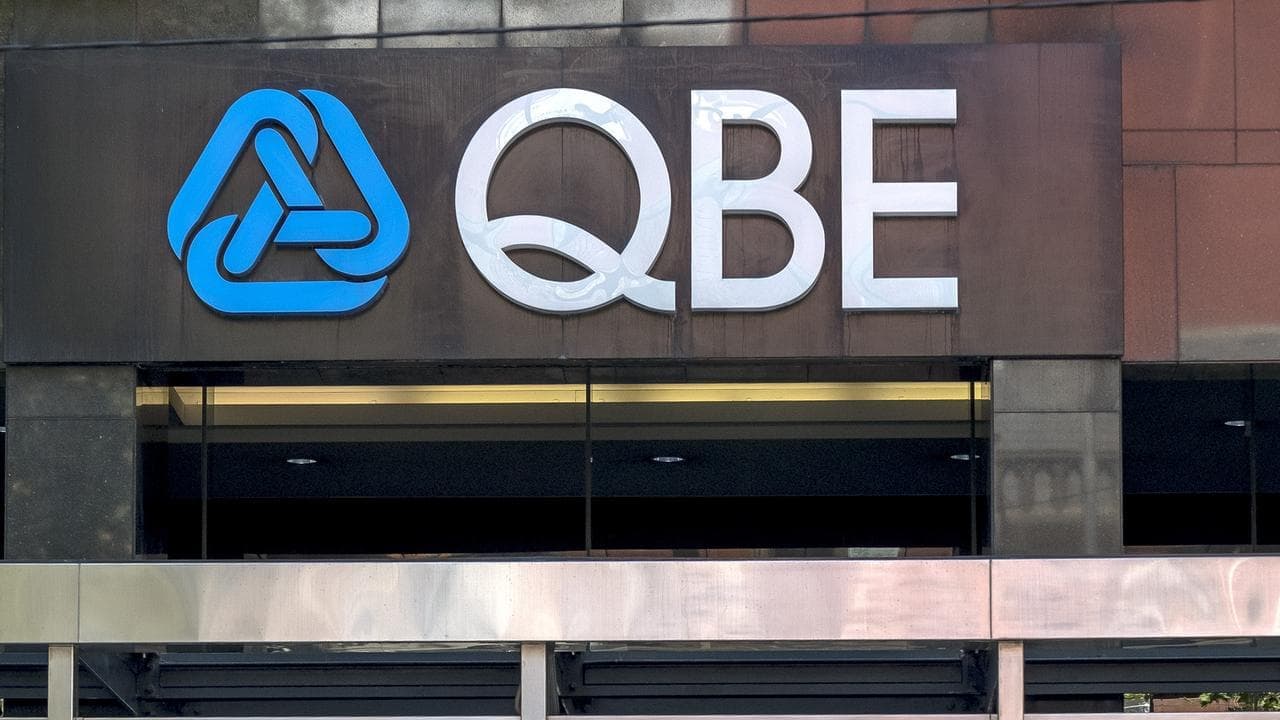WHAT WAS CLAIMED
The voice to parliament will become a fourth constitutional power.
OUR VERDICT
False. The voice is proposed to be an advisory body with no actual public power.
It is being claimed the proposed voice to parliament will become "a fourth Constitutional power" alongside parliament, the executive and the judiciary.
This is false. Constitutional law experts told AAP FactCheck that unlike the three branches of government, the Aboriginal and Torres Strait Islander voice will have no real public power.
Instead it will be an advisory body without any real form of power or governance.
The Facebook post (archived here) is a response to a tweet - featured in the post as a screengrab - which states: "We are not losing anything as a nation by supporting a Voice to Parliament."

In response, the text of the post makes a number of false claims about the proposed voice, including that it will become a "fourth Constitutional power."
Parliament, the executive government and the judiciary are Australia's three arms of government, with separate powers.
The Australian Constitution is the set of rules which govern the nation. It defines the three mostly separate branches and the roles they play.
In short, parliament makes and amends laws; the executive puts them into action; while the judiciary makes judgments about the laws.
There is no proposal for a fourth branch of government in the wording of the constitutional amendment being put to voters at a referendum later this year.
Dan Meagher, chair in law at Deakin University, said it was "very misleading" to suggest the voice would create something akin to parliament, the executive and the judiciary.
"The Australian Constitution's first three chapters establish first the parliament, second the executive government and third the federal courts," Professor Meagher said.
"So what they are trying to get people worried about is that if the 'yes' vote succeeds, we will have a fourth one, called the voice.
"Where it is clever and tricky is that, strictly speaking, if it gets up the whole point is to establish a new body called the voice.
"But (the post's claim) is trying to imply that the voice will be a body just like the parliament, or executive or the courts ... complete with the same kind of powers. That's simply false."

Prof Meagher added: "It will not be a fourth arm of government: not akin to parliament, the executive or courts. That's because the voice has power to offer representations. But unlike the other three arms of government, it will have no form of real public power."
John Williams, a constitutional law expert at the University of Adelaide, agreed the voice would merely be an advisory body to parliament and the executive.
"Unlike a parliament it cannot pass any laws, appoint anyone to anything, or appropriate funds. It is advisory," Professor Williams said.
Murray Wesson, an associate professor in law at the University of Western Australia, also told AAP FactCheck the claim was false.
"Under the proposed amendment, the voice would not be given governance functions," Dr Wesson said.
"Instead, the voice would have the power to make representations, or give advice, to parliament and the executive.
"Parliament would also have the power to determine the composition, functions, powers and procedures of the voice.
"In other words, although the voice would be able to give advice to government, it would not itself be a branch of government."

The Facebook post also claims the voice will add a third chamber to federal parliament alongside the House of Representatives and Senate, comparing it to Britain's House of Lords.
This is also false. The voice will not have voting powers over legislation, like the chambers of federal parliament.
In fact, there will be no obligation for parliament to follow any advice from the voice when voting on legislation.
AAP FactCheck has previously debunked other claims (see here and here) the voice's representations would have to be taken into account when deciding on legislation.
The Verdict
The claim an Indigenous voice to parliament will add a fourth constitutional power in Australia - alongside parliament, the executive government and judiciary - is false.
Law experts told AAP FactCheck there is nothing in the proposed constitutional amendment to support the claim as the voice would only be an advisory body with no actual public power.
False – The claim is inaccurate.
AAP FactCheck is an accredited member of the International Fact-Checking Network. To keep up with our latest fact checks, follow us on Facebook, Twitter and Instagram.












